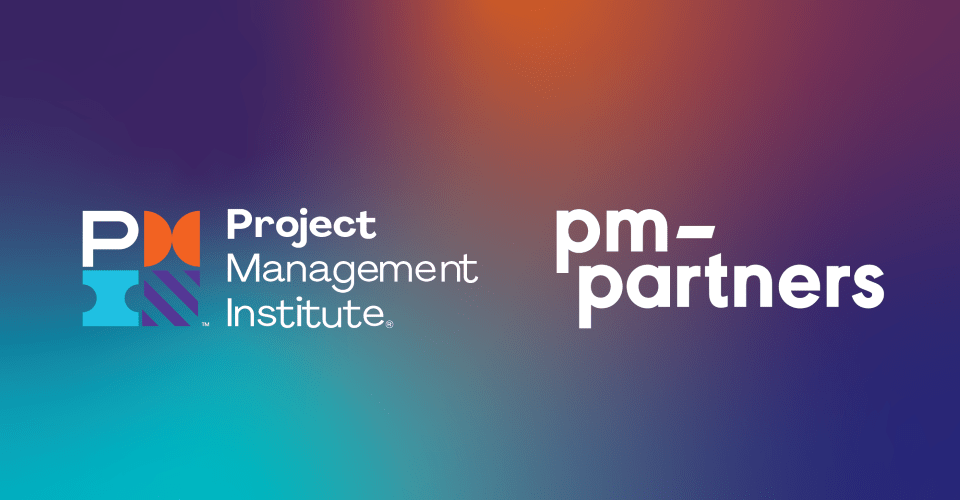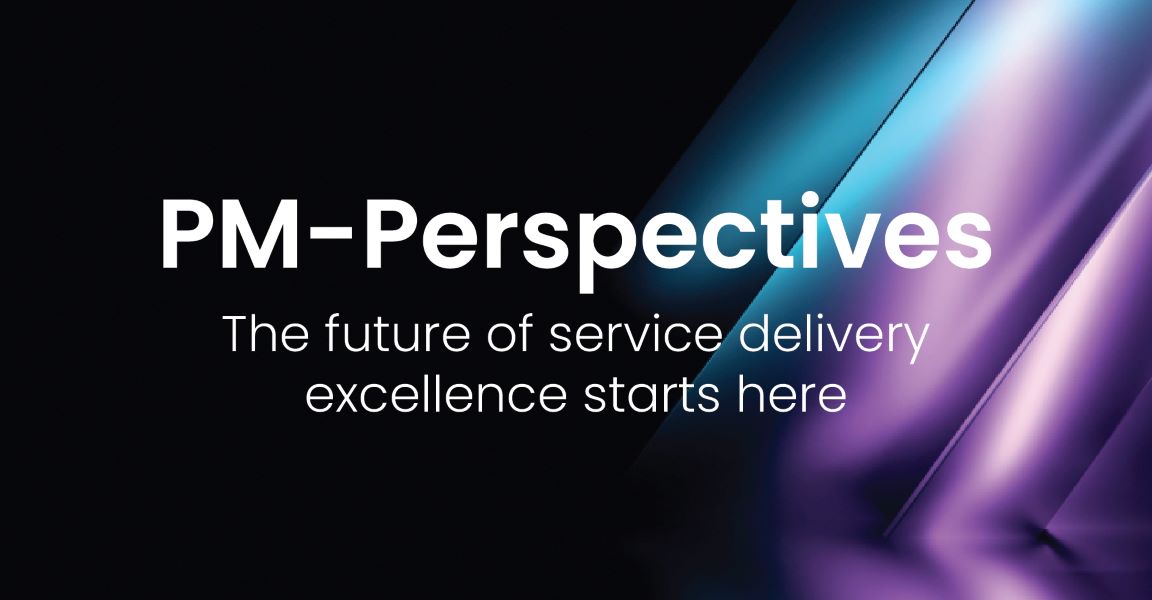What is the role of an Agile Coach?
Organisations have found themselves in a vortex trying to deal with today’s turbulent market and the greater demands of their customers. The context, confusion and the overall understanding of these aspects has led to businesses restructuring or ‘transforming’. This is usually followed by alerting employees that these changes are happening and there will be a new way of working. But, as organisations try to implement agile or iterative delivery processes, many struggle and fail in their attempt.
So why is agile so challenging?
Trends show us that most organisations are simply trying to ‘do something’ rather than understanding the personal and cultural mindset change needed to adopt and apply agile. We know that markets and consumer perspectives have changed, therefore we need to adapt and change to keep up. Changing a process or how a project is run isn’t enough. The perspective, mindset and how an organisation responds to change must be considered.
To change a culture, we need to change how the organisation handles volatile market conditions and identify what today’s customers want. So how do we do that? Who needs to be involved?
Fundamentally, everyone (from all departments and teams) need to be involved to change an organisation’s culture. It isn’t an easy task, especially when large groups of people, often located globally, are involved. This is where an Agile Coach comes into play.
The Agile Coach
A true Agile Coach will have extensive experience in everything from implementing Agile (frameworks, methods, practices and techniques) to project management, IT, and being business savvy. It is this experience that will help identify the type of Agile practices and techniques needed to assist an organisation navigate a framework which will fit the overall business.
To integrate a fit-for-purpose framework and assist in building an adaptive culture, an Agile Coach’s biggest challenge is engagement. To help transform an organisation’s culture, a Coach needs people to understand the nature of agile, what is required to change their mindset and the impact it will have on everyone in the organisation. This can only be done in an environment where people feel safe and change is embraced.
It is important that an Agile Coach focuses on the fundamentals of what agile is and facilitates cross-functional engagement to identify the necessary Agile framework(s) that is appropriate for the teams and the organisation.
A successful Agile Coach will demonstrate exceptional communication and interpersonal skills. The Coach works with all levels of the organisation, especially leadership, to structurally change the environment and culture. It is a ‘people movement’, and as such, the Coach will deal with changes in mindset, bias or an overall resistance to agile due to a feeling of ‘loss of control’. With such diversity at play, the Agile Coach needs the capability to not only realise the benefits of agile but navigate the unique corporate culture to help the organisation achieve its goals.
An Agile Coach supports, guides, coaches, teaches, mentors and facilitates change, all in the service of delivering on-going value to the business.
Next steps…
For more information on this new course or to speak to one of our Professional Development Consultants, contact us today on 1300 70 13 14.








